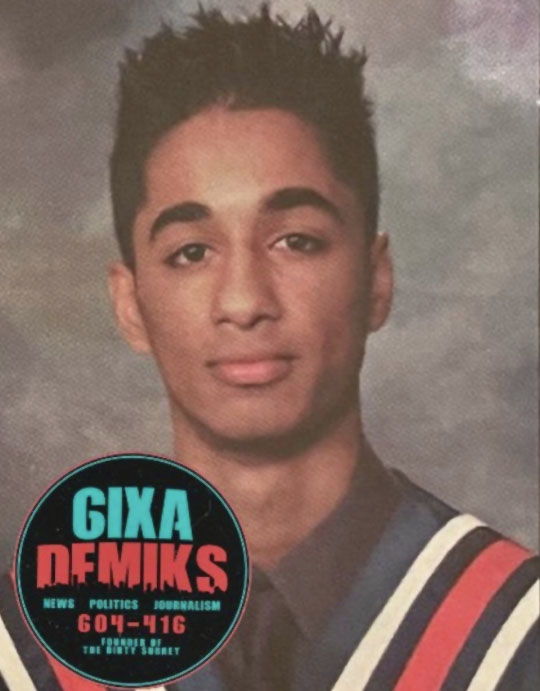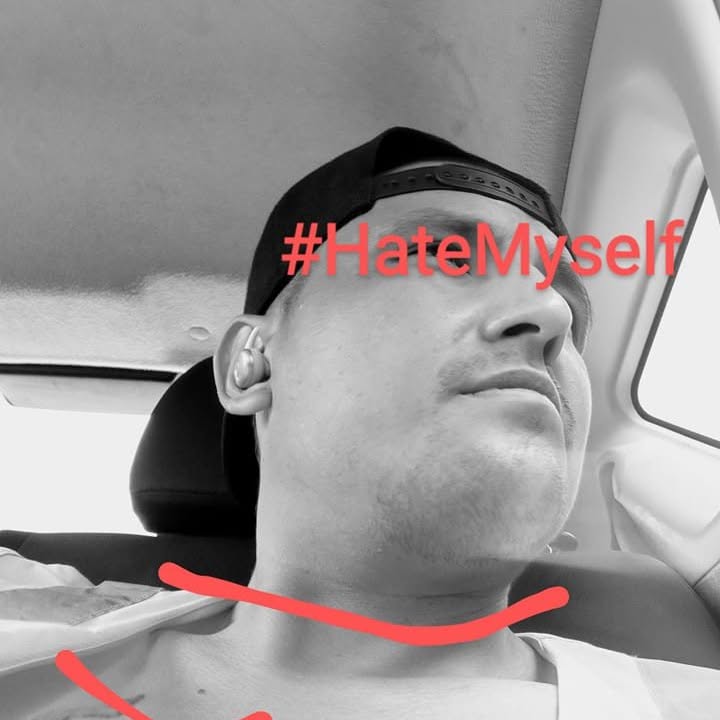
Defying orders to conceal a 13-year-old’s transition, teacher says she ‘will not look at parents in the eye and intentionally lie.‘
English Montreal School Board (Courtesy of Wikipedia)
A Montreal history teacher is taking the Quebec government to court, alleging that a provincial directive forcing her to conceal a student’s gender transition from their parents violates her fundamental freedoms and compels her to “lie for the state.”
Rose Smith, a teacher described as conscientious and successful, filed a constitutional challenge this week against Quebec’s Minister of Education and her school’s administration. The case, supported by lawyers from the Justice Centre for Constitutional Freedoms (JCCF), centres on a 2021 ministerial guide titled “Improved Understanding and Practices for Sexual and Gender Diversity in Schools.”
The guide directs school staff to withhold information from parents if a student over the age of 13 changes their gender identity at school. In practice, this meant Smith’s school administration instructed teachers to use a student’s chosen name and pronouns in the classroom, but to revert to the student’s birth name and pronouns when speaking with parents.
For Smith, who began teaching in 2021, the conflict arose in 2023 when she was directly ordered to follow this procedure.
“I could not live with myself if I did that,” Smith said in a statement. “I will not look at parents in the eye and intentionally lie about the fact that we are enabling their child to undergo a significant psychosocial intervention without their knowledge.”
Smith attempted to find a compromise, agreeing to respect the student’s preferred identity at school while refusing to withhold the information from parents. The school initially permitted her to submit a neutral written report to avoid using pronouns during parent-teacher meetings.
However, she was later warned that at the next round of interviews, she would have to comply fully with the policy or face dismissal.
“It was distressing to consider losing a career I had aspired to since childhood – simply for refusing to lie to parents about their own children,” Smith recounted. “I wept in that meeting and spent many sleepless nights grappling with the decision I had to make.”
The ensuing legal challenge argues that the policy violates multiple sections of the Canadian Charter of Rights and Freedoms, including freedom of expression, freedom of conscience, and the security of the person for both parents and teachers.
According to Smith’s lawyer, Olivier Séguin, this case is breaking new legal ground in Canada.
“This is the first court action in Canada to challenge a law on the basis of freedom of conscience alone, independent of religion,” Séguin said. “It is true that prohibitions against lying are common to all religions, but my client’s conscientious objection is not religious in nature.”

He argued that the policy creates a fundamental breach of trust.
“Secrecy toward parents, which in practice amounts to lying to them, is a serious violation of the legal contract that binds the state to its citizens.”
Despite the personal risk, Smith says taking a stand has brought her an unexpected sense of peace.
“It’s invigorating. There is such freedom in saying ‘no’ – even if it costs you,” she said. “The Justice Centre and my lawyer… have given me a voice, even though I am only a lone teacher facing the Ministry of Education.”
Smith continues to teach while awaiting the court’s decision. She finds resolve in the words of Soviet dissident Aleksandr Solzhenitsyn, which she often shares with her students: “Even if all is covered by lies, let us resist in the smallest way: let their rule hold not through me.”
Her case seeks not only to protect her career but to restore, in her words, honesty to the relationship between schools and the families they serve.


